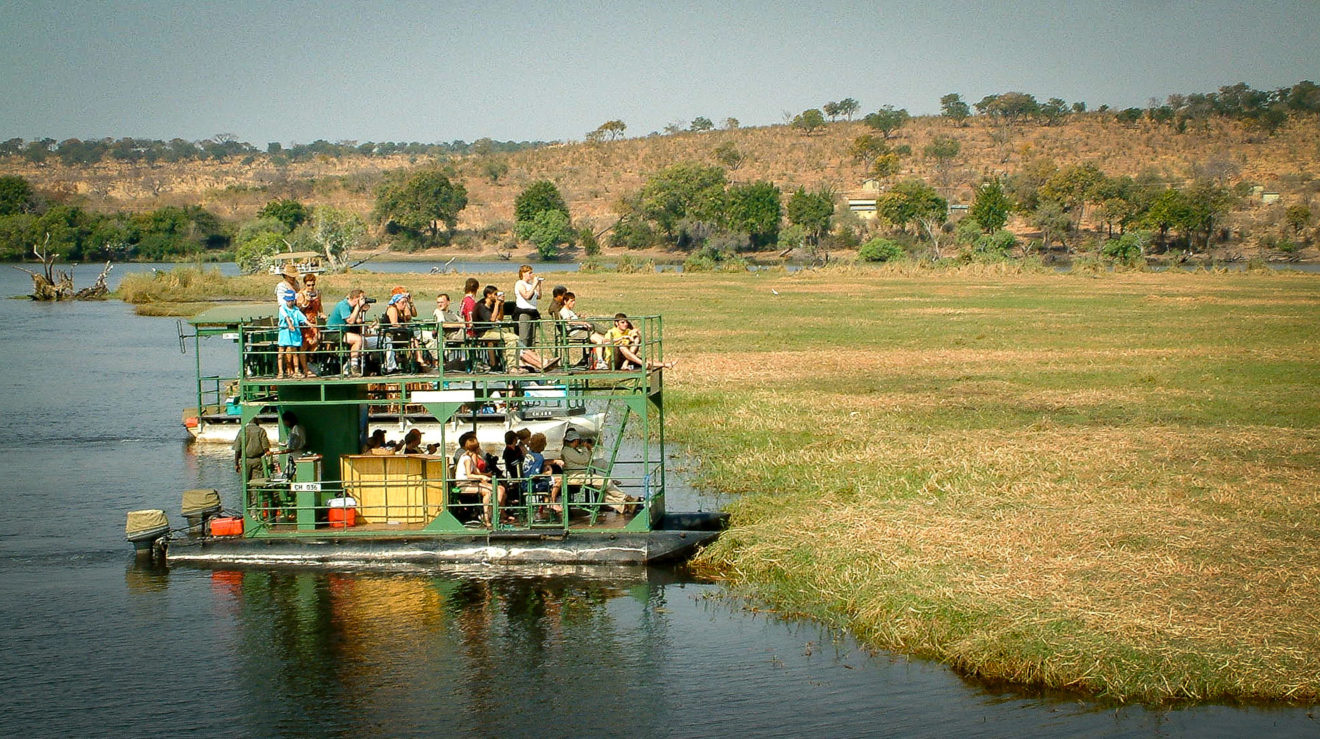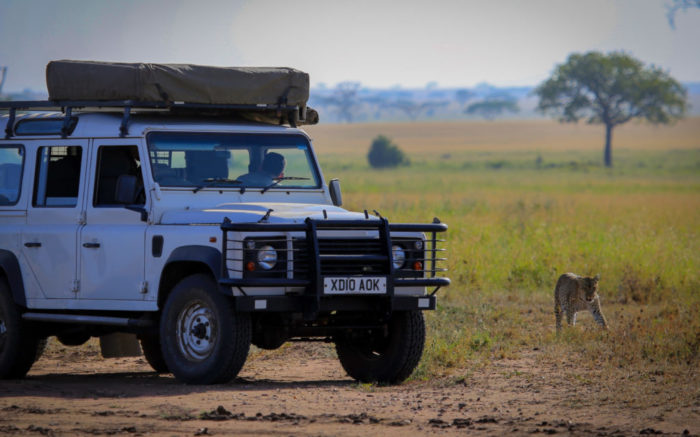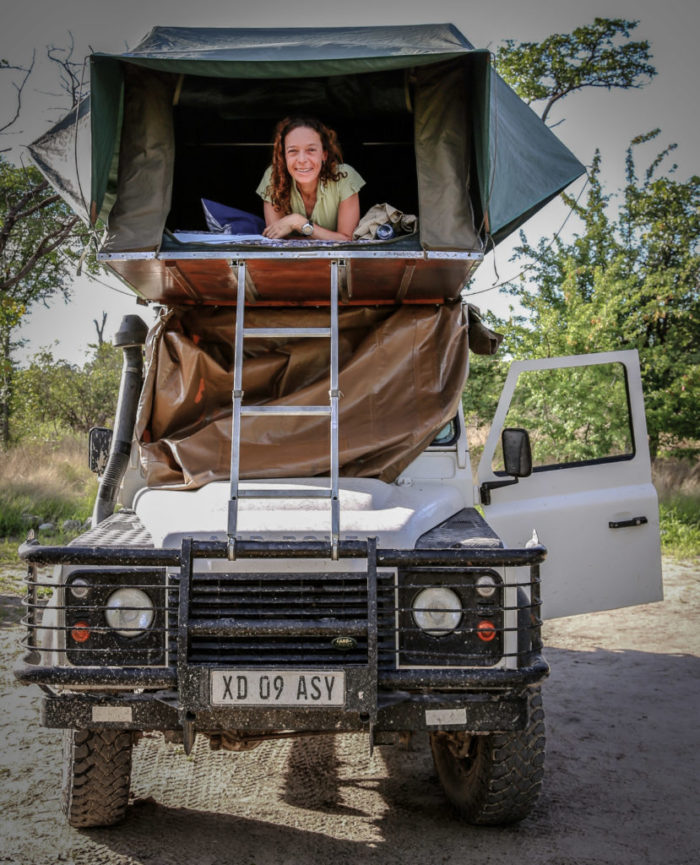African Safaris, The Pandemic & Poaching
African safari popularity continues to grow as eco-tourism, promoting conservation and anti-poaching, emerges alongside safaris. But the pandemic and the resulting travel restrictions have changed the African savannah landscapes.
“The parks of Africa have been quietly minding their own business since April, and the animals have taken over. Main roads have become tracks, with big cats ambling along looking for breakfast. Airstrips are now prime grazing grounds, and the sun rises and sets over the wilderness,” said Charles Norwood, owner of Self Drive Safari Resource.
Norwood jokes that the tourist is the rarest sighting in Africa right now. International travel restrictions have made it difficult for many adventure travelers to go on safari in 2020, taking a toll on the African economy and the wildlife.
Poaching on the Rise
Veteran safari tour operator Charl van Rooyen said travelers to Africa don’t generally recognize the importance of tourism for conservation and wildlife management.
“About 30 percent of Tanzania’s safari costs go to the government agency managing wildlife, and about 50percent ends up in secondary services that conserve and manage wildlife in the area you’re visiting,” he said.
With tourism dollars evaporating due to the pandemic, Southern and Eastern African infrastructure supporting conservation and safeguards against illegal hunting are disappearing.
“Poaching is picking up due to the absence of travelers,” said Chris du Plooy, owner of Chris du Plooy Safaris in Limpopo, South Africa.
Ironically, the pandemic may be a reason for African safari recovery. The top recommendations for activity during a coronavirus pandemic — go remote, avoid crowds, be outside in nature – are three of the cornerstone features of why African safaris are popular among travelers. With multiple suppliers in various territories, the safari industry is banding together to bring back safaris as a high-value and less risky eco-tourism option during the coronavirus pandemic.
Resilient clients did not cancel their holidays. They simply postponed, with some of them confirming their bookings for fall 2020. They are eager to travel as soon as possible.
At the same time, safari lodges, ground transfer operators, and local flight carriers are updating their safety procedures. At our Ndutu Safari Lodge in Tanzania, we worked on a detailed safety protocol for our staff members, based on WHO guidelines and official Tanzania’s national SOP.
International safari-goers can travel to most parts of Africa where safaris are popular, but other regions, like South Africa, remain closed. Americans looking to go on safari have options now that the United States government lifted its “Avoid All Travel” advisory. Rwanda and Tanzania reopened to Americans in June, provided travelers bring a negative-PCR test taken within 72 hours of arrival.
Safaris are vacations where tourists can make a difference by just going on a holiday. James Slade, Global Wildlife Conservation’s Wildlife Crime Prevention Officer, agrees.
“Conservation taxes or bed levies can be a great way to fund conservation efforts with a reliable stream of income. This only works if the tourism is there,” he said.
Not only do incoming dollars support local economies, but tourism also ensures ongoing conservation efforts so wildlife can continue to live and thrive in their natural habitats. Most safaris are planned well in advance, so travelers should book now for late 2020 or 2021.
It’s unknown how long the pandemic will last, or when a vaccine or treatment will be widely available. Right now, prudent travelers will opt for travel crisis response services to protect their health in case they get sick or injured. But they’ll also look for lower-risk international trip options that will likely move them toward Africa with its secluded safari destinations offering wide open-air spaces and limited people.
Valentina Vallinotto is co-founder of v-adventures, a NY-based safari adventure firm, and a Global Rescue Safe Travel partner. She spent years exploring Africa and offering customized overland safari experiences in Botswana, Namibia, South Africa, Tanzania, and Zimbabwe.



